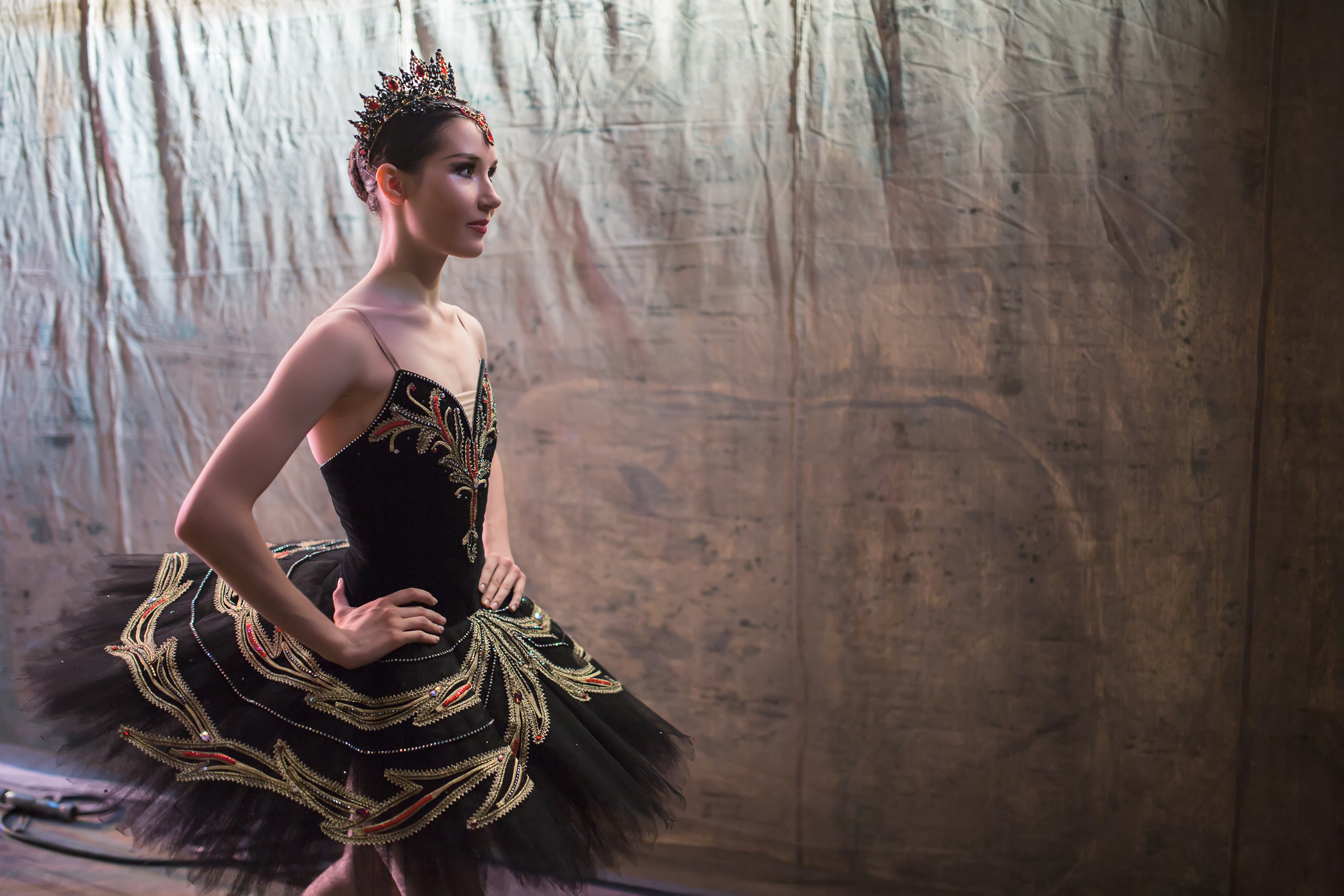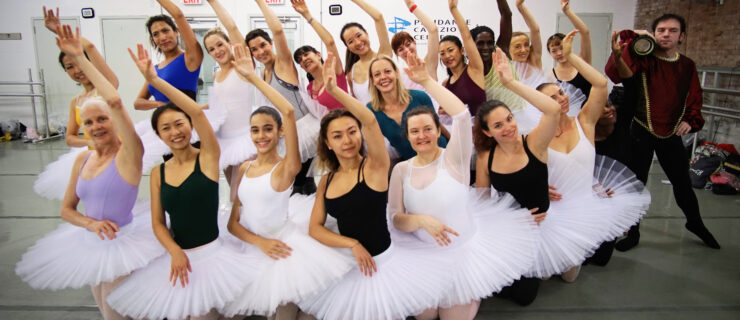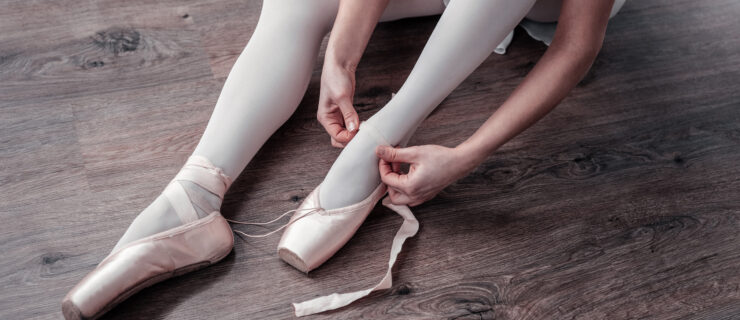Letter From a Teacher: At Ballet Competitions, the Process Is the Prize
Let me open by saying that I admire you—choosing to enter a ballet competition must be daunting. I never had the opportunity myself, and in some ways, I am really relieved by that. My self-confidence was an issue when I was young, and I think I would have gone in with the wrong mindset and learned all the wrong lessons. Now that I’m a teacher and coach, my hope is to help you have the best time possible in your competition experience.
First and foremost, I want you to understand that the hours you spend in the studio preparing to perform are priceless. This will never be wasted time, whether you are recognized with an award or not. For many of you, it may be the first time that you get to work on artistry and develop a character. It may also be your first time preparing a solo. Dancing in an ensemble is an integral part of ballet training, but performing a solo is a much different experience (that is equally valuable). I continually see huge growth from students during their preparation time due to all the improvements and fine-tuning that happen along the way.
Most competitions also allow you to delve into another style of dance. Preparing a contemporary solo may feel foreign or uncomfortable at first, especially if you only train in classical ballet. But working with a choreographer and possibly even having a new piece created on you is an amazing opportunity—many professional dancers consider being created on to be the ultimate honor. Try to be aware of how important this opportunity is and soak it all in. Most ballet companies include contemporary works in their repertoire, so this is an early chance to expand your horizons. I wish I had as a student—I put my focus solely into ballet and, as a professional, had difficulties picking up and mastering new styles of dance.
You’ll also grow by learning how to go out onstage alone and cope with nerves. Even professionals experience stage fright and intense feelings of pressure before performances—I certainly did. Having opportunities to become accustomed to these feelings when you’re young is so important. You may never conquer preshow jitters completely, but the more you perform, the more you will learn how to manage them.
If there is one thing I want to emphasize, it is that winning truly isn’t everything. I’ve had many students who didn’t place in competitions but still went on to have successful professional careers. Likewise, I’ve had students who won awards but who never went on to dance professionally. You will improve in your preparation, and learn a great deal about yourself, too. More importantly, your love for dance can grow. A medal may be exciting, but the true reward is in the process—and your progress along the way.
Katie Slattery, a former professional ballet dancer, is currently a teacher and the conservatory coordinator for The Florida Ballet.







